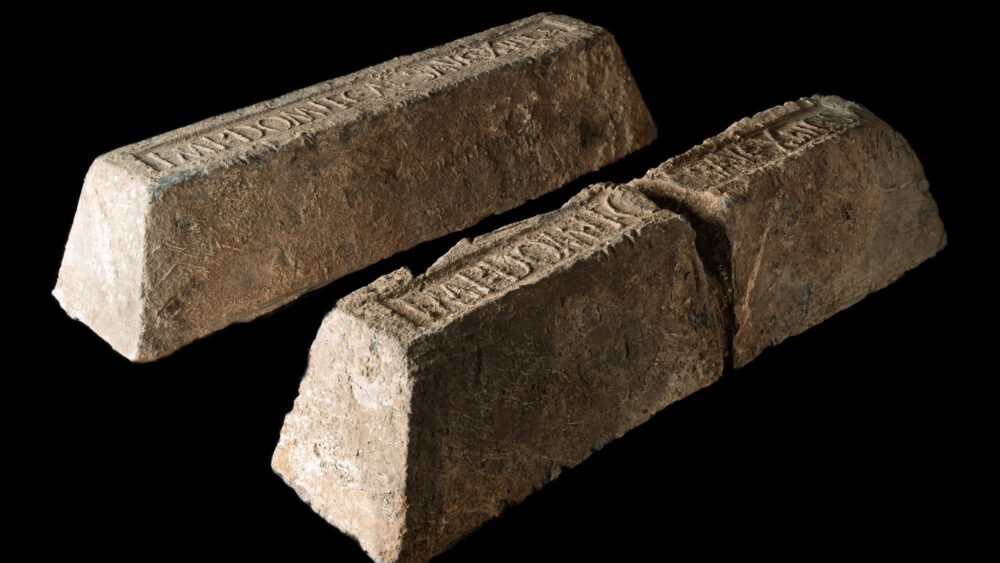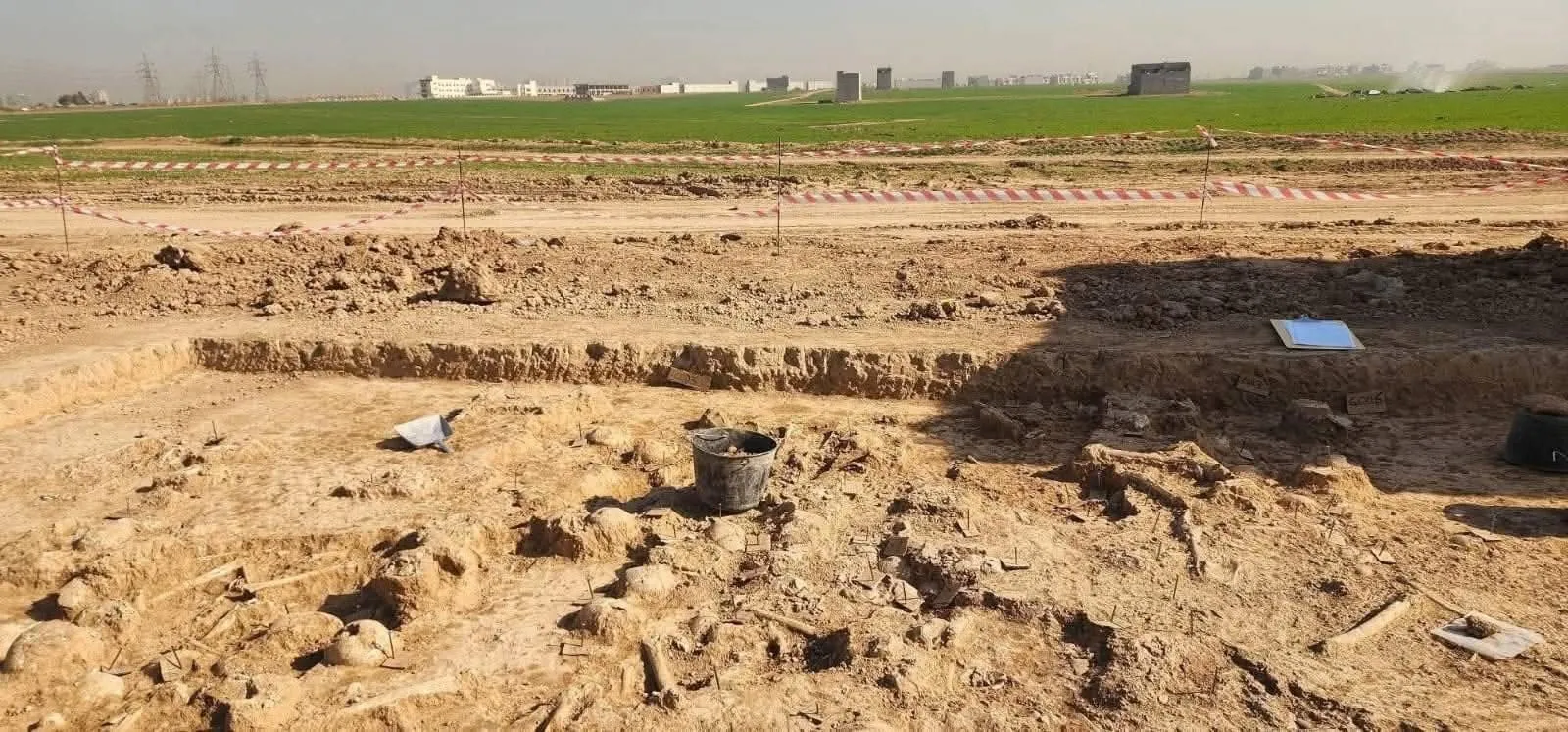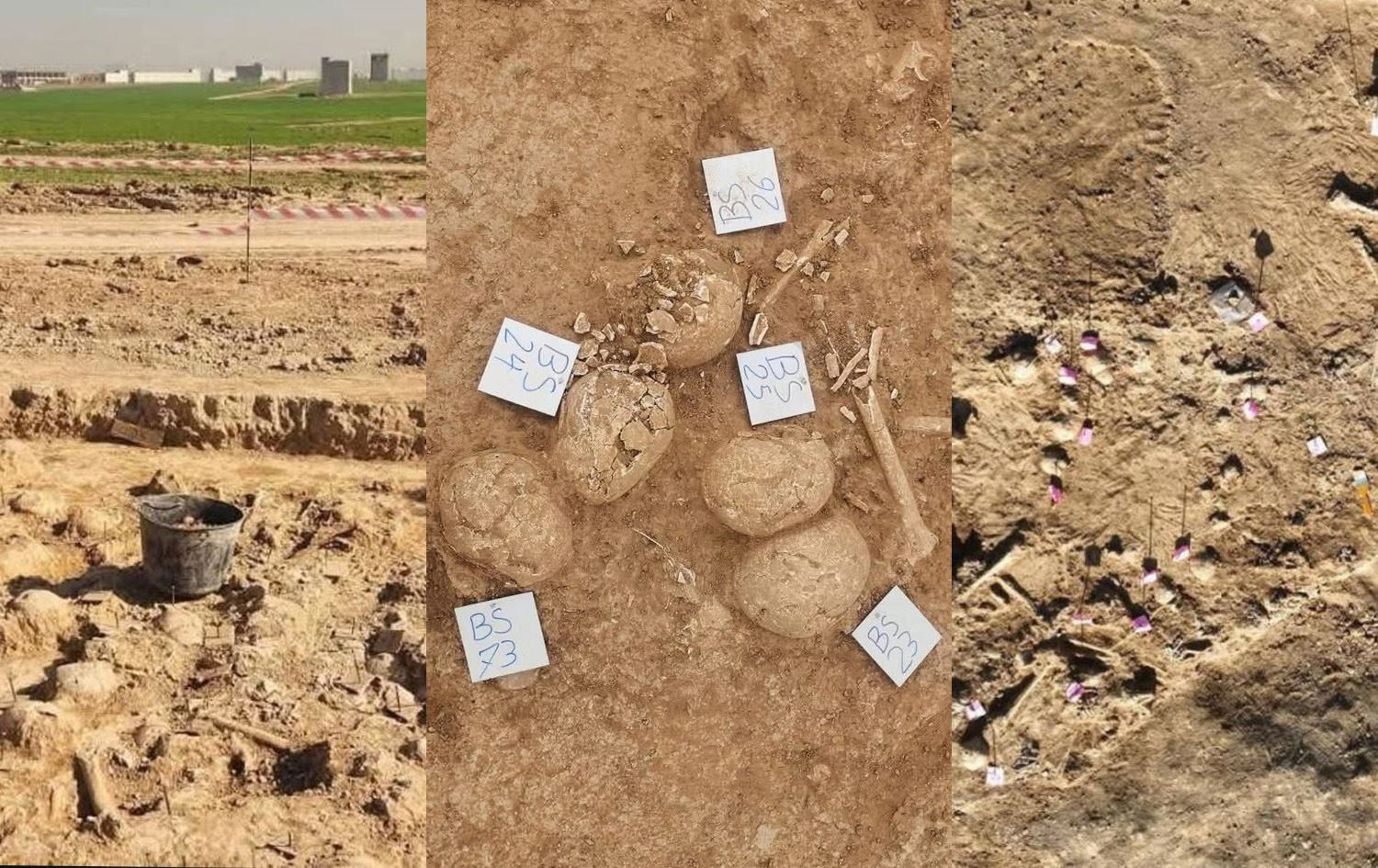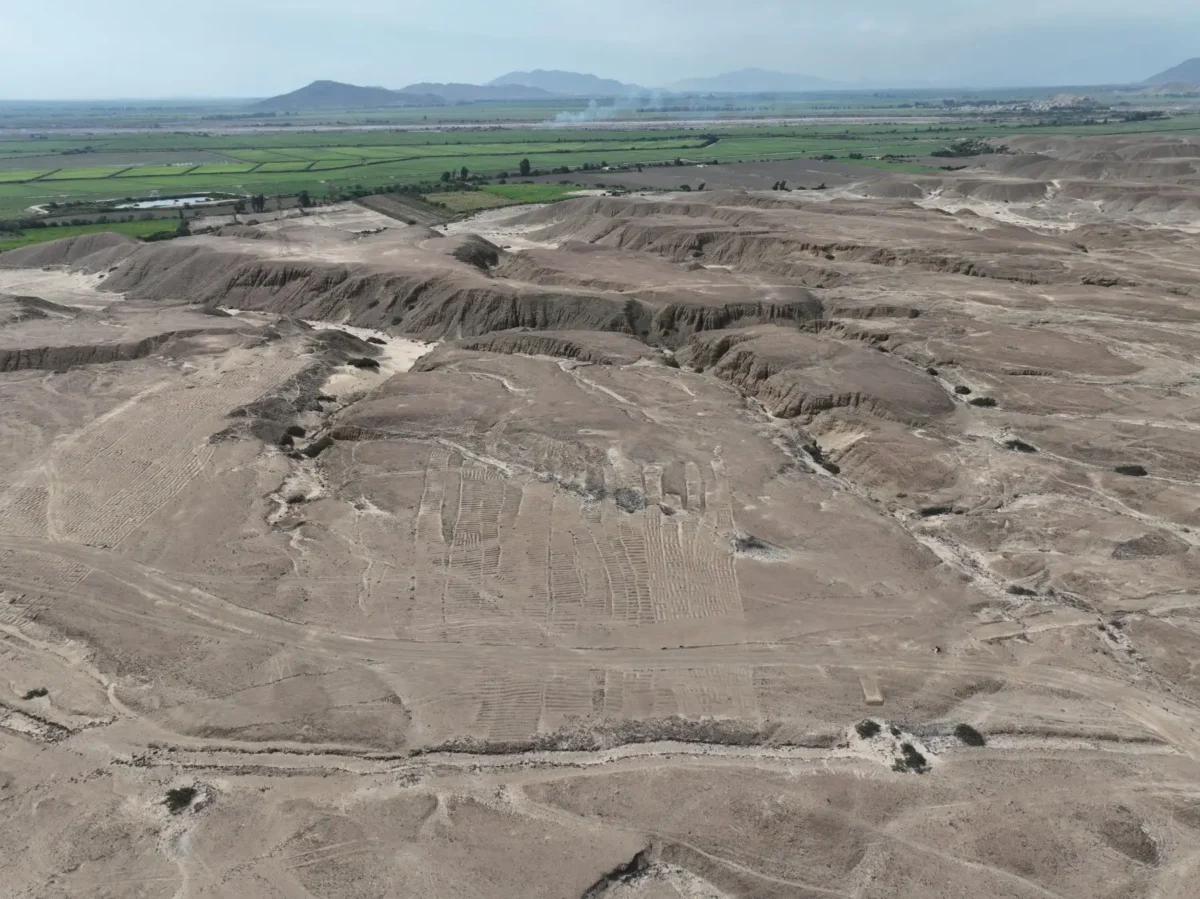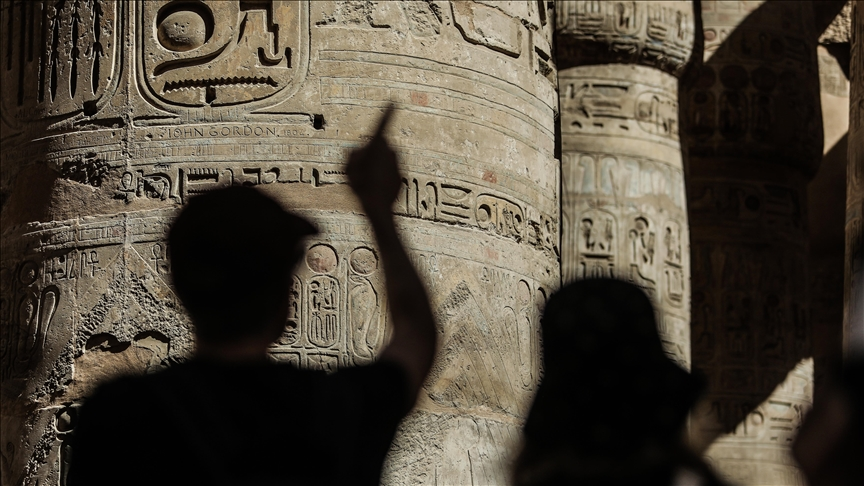The discovery of the Antikythera Mechanism revolutionized our understanding of ancient technology. Found in 1901 in a shipwreck off the Greek island of Antikythera, this corroded bronze device turned out to be a complex system of interlocking gears dating back to around 150–100 BCE.
Often called the world’s first analog computer, the mechanism functioned as a sophisticated astronomical calculator. Using dozens of precisely cut gears, it could predict solar and lunar eclipses, track planetary movements, and calculate the timing of major festivals like the ancient Olympic Games.
Its level of mechanical sophistication was unparalleled for its time and would not be matched until the development of intricate clockwork more than a thousand years later.
Scholars still debate who built the device, though some attribute its design to the school of Archimedes or other Hellenistic engineers.
The mechanism proves that ancient Greeks possessed advanced scientific knowledge—far beyond what historians once believed—showing early mastery of astronomy, mathematics, and mechanical engineering.


